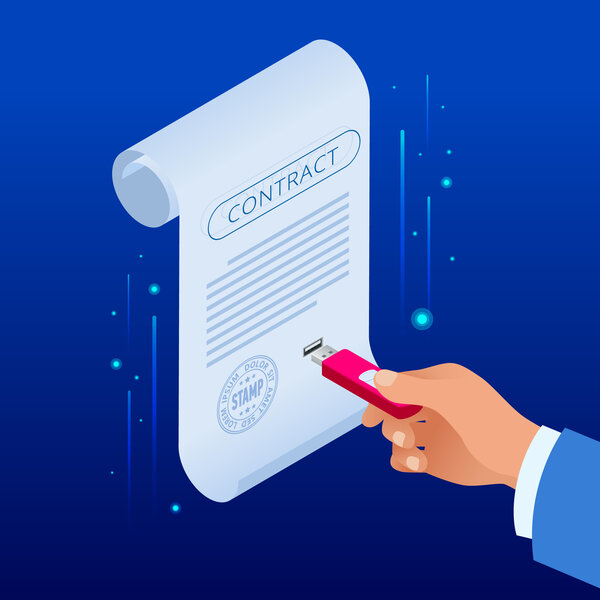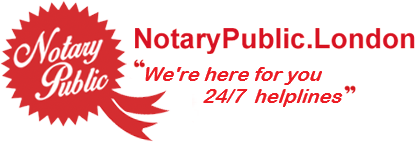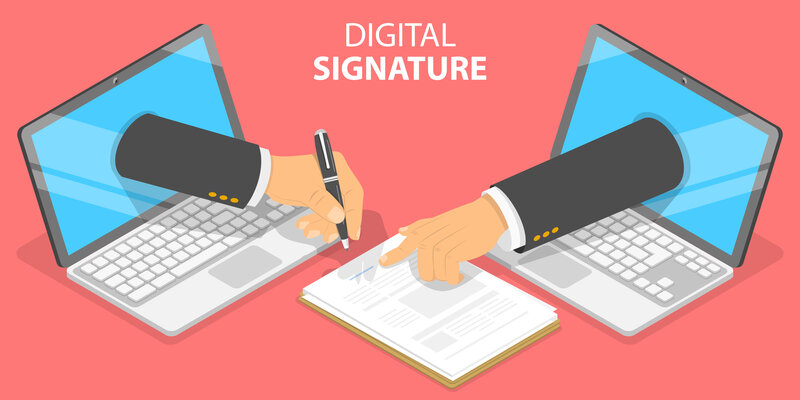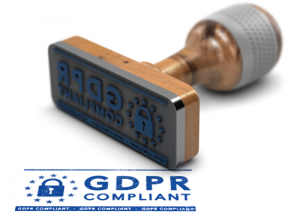We are set up to provide E-Notarisation to our clients.
Email: e-apostille@notarypublic.london
Thanks to new and modern technologies, it possible for the notary public to offer the following client service known as “E-Notarisation” as can be used for clients seeking to obtain an “E-Apostille” or “Electronic Apostille”.
We are fully equipped to provide an online service for Notary Public signatures created by:
- Advanced Electronic Signature (AES)
- Qualified Electronic Signature (QES)
E-Notarisation works by the notary public creating an electronic digitally encrypted version, of the paper copy of the notary document, originally executed by the notary client. The electronic digitally encrypted notarial document, will carry a unique electronic digital signature, unique to the individual notary.
The electronic E-Notarised document can be created online, at the same meeting where the client executes the paper copy of the notarised document and can be emailed anywhere in the world at the same meeting.
The advantages of E-Notarisation and Electronic Apostille are speed and efficiency, as the overseas based party to whom the notarised document is ultimately submitted to, can be supplied with the E-Notarised document almost instantly, without having to wait for courier or postage times associated with the delivery of paper documents.
E-Notarisation requires the client to produce electronic copies of proof of identity papers which can be verified through online AML software.
It is the almost instantaneous time scale associated with delivery of the document where the advantages of E-Notarisation lie. Additionally E-Notarisation is considered a more environmentally friendly manner of conducting a notarial transaction.
The USA and New Zealand are examples of countries that have to a limited extent already adopted their own E-Notarisation systems. The Hague Convention countries have also followed suit although only a relatively small proportion of documents are currently created through an E-Notarisation or “E-Apostille” system.
At the current time, not all foreign authorities or bodies will currently accept an E-Notarised document with “E-Apostille” or “Electronic Apostille” and in the majority of cases it is still a paper document which must be submitted and sent by courier overseas.
However this situation is likely to change over time and E-Notarisation with “E-Apostille” or “Electronic Apostille” likely to grow in frequency of use and acceptability as time passes. Whilst old traditions and value are hard to break, as the world moves towards E-Commerce, this is an inevitability that E-Notarisation with “E-Apostille” or “Electronic Apostille” will ultimately catch on and grow in popularity internationally.

If you are thinking of having your documentation created through E-Notarisation with “E-Apostille” or “Electronic Apostille” process, then you will need to check with the overseas party to whom the document will ultimately be submitted, that this is acceptable form to adopt.
As is the case with all notarial documents, the document must be created in a form agreeable to and acceptable to the recipient based abroad.
We are fully equipped to provide E-Notary and “E-Apostille” or “Electronic Apostille” services to our clients and are happy to answer any questions you may have.
For further help and assistance please email:
e-apostille@notarypublic.london







 Our Offices are located directly opposite the front of Charing Cross train station at:
Our Offices are located directly opposite the front of Charing Cross train station at:






